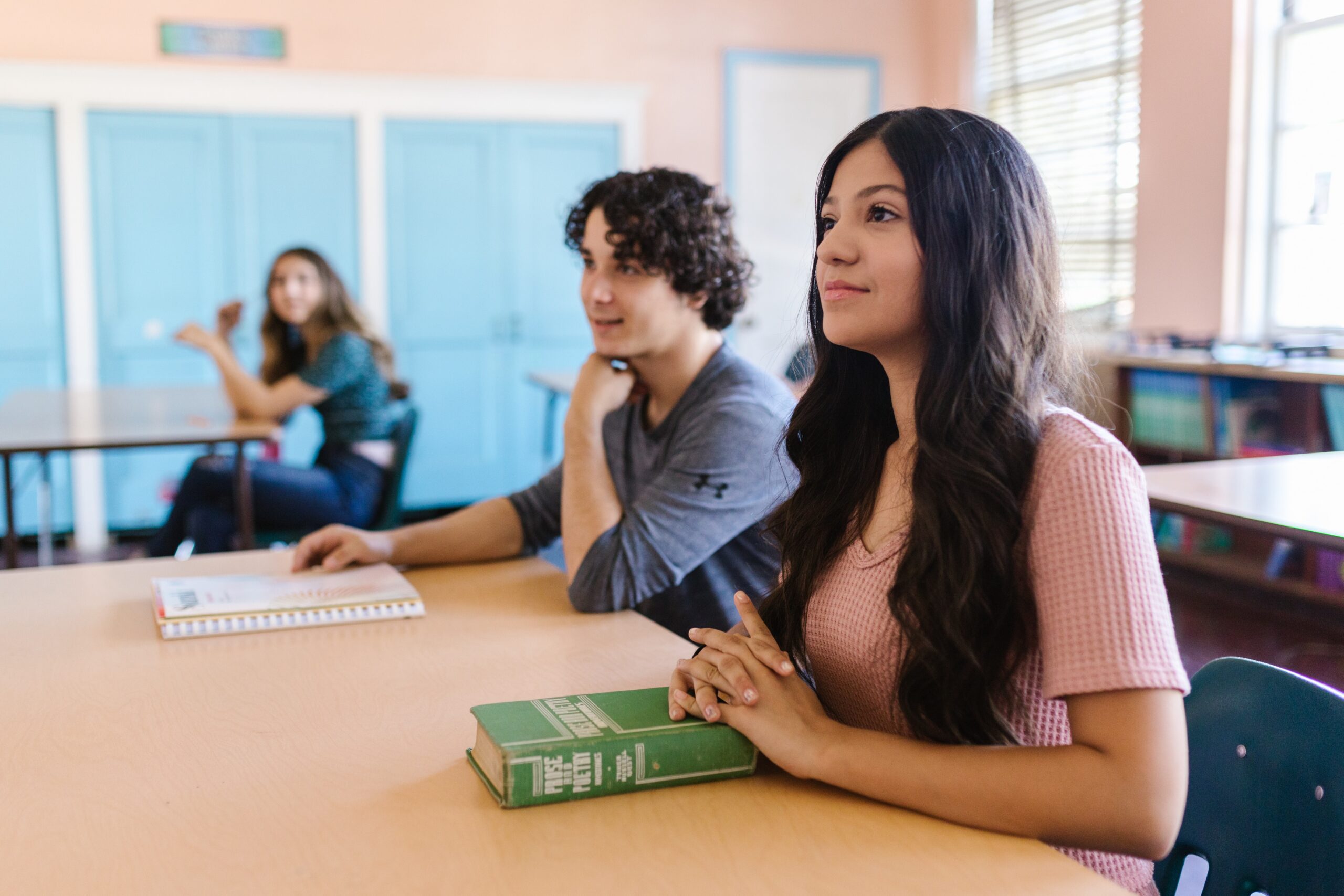
The Inverse Relationship Between Gratitude and Entitlement
By: Tim Elmore

I’ll never forget the day a university professor told me a student approached him after making a poor grade on an exam. The student reasoned that because his parents paid full tuition, he deserved an “A.” Wow. Sounds like a customer, vendor transaction, doesn’t it? His mom and dad were buying a good grade, rather than a chance at a good education. Talk about entitlement. Unfortunately, a sense of entitlement is increasing in all demographics of our country, and many locations across the industrialized world. The University of Hampshire found that youngsters who were surveyed on issues of entitlement scored 25 percent higher than people aged 40 to 60 and 50 percent higher than older age brackets.
Throughout history, our lives have changed. Human civilization marches forward as we develop new machines and technologies to make life easier, swifter and more efficient. We call it progress. The unintended consequence of such progress is clear: as we improve our lives, we also start to subconsciously adjust our expectations. We expect life to be easier, faster, and more efficient. And as expectations increase, so does our sense of entitlement. We feel completely entitled to items past generations only dreamed about:
- We feel entitled to indoor plumbing and electricity.
- We feel entitled to heating and air conditioning.
- We feel entitled to high-speed Internet and technology.
- We feel entitled to perks like income, jobs and special benefits.
The Solution Just Might Be Gratitude
Sadly, there is an inverse relationship between gratitude and entitlement. Author and researcher, Dr. Robert Emmons from U.C. Davis, offers some intriguing evidence for what gives life both perspective and meaning. When students feel entitled to perks, they are far less apt to thank anyone for them. Dr. Robert Emmons’ team from U.C. Davis found that people who view life as a gift and consciously acquire an “attitude of gratitude” experience multiple advantages. Gratitude improves emotional and physical health and can strengthen relationships and communities. Strategies include keeping a gratitude journal, learning prayers of gratitude, and using visual reminders. “Without gratitude, life can be lonely, depressing and impoverished,” says Emmons. “Gratitude enriches human life. It elevates, energizes, inspires and transforms. People are moved, opened and humbled through expressions of gratitude.”
The good news is, gratitude is a choice we make.
This is especially rare among middle-class high school and college students who’ve grown up in a world that’s revolved around them; one that allows them to build a platform via social media without displaying value; one that repeatedly communicates they are “awesome” and deserve trophies just for participating. Our world naturally cultivates a sense of entitlement. And entitlement is virtually the opposite of gratitude: as I feel more entitled, my gratitude shrinks in proportion.
In one study, researchers had participants test various gratitude exercises, such as thinking about a living person for whom they were grateful, writing about someone for whom they were grateful, and writing a letter to deliver to someone for whom they were grateful. Participants in the control condition were asked to describe a room in their house (neutral). Participants who engaged in a gratitude exercise showed increases in positive emotion immediately after the exercise, with this result being strongest for participants who were asked to think about a person for whom they were grateful. It was discovered that gratitude had less to do with how much a person received or possessed and more to do with an attitude. In other words, it’s a state of mind.
Further, cultivating an attitude of gratitude can actually combat other negative emotions in teens such as cynicism, resentment and anger.
Almost 20 years ago, I led a learning community of high school students, as well as a second group of university students in Atlanta. As I noticed a sense of entitlement in many of them, I decided to host some gratitude exercises similar to the examples above. I had those students write down people and experiences they were grateful for, and then write out paragraphs explaining why they were thankful. This forced them to think about the specifics of their good fortune. Finally, I asked each student to call a person on their list, and actually thank them for these specific reasons.
This became a moving experience.
At first, the conversations were lighthearted and even jovial. The sarcasm in the phone conversations let me know they were close with the person. When the students began to describe in detail why they were so grateful, however, the tone began to change. It became both serious and emotional. Most of the students shed tears, as this was the first time, they’d ever reflected on what others had done for them. Their newfound perspective fostered a spirit of humility, generosity and even deeper gratitude. It was such a moving experience—I never sensed an ounce of entitlement the rest of the year.
This Thanksgiving let’s trade in our sense of entitlement for gratitude.







